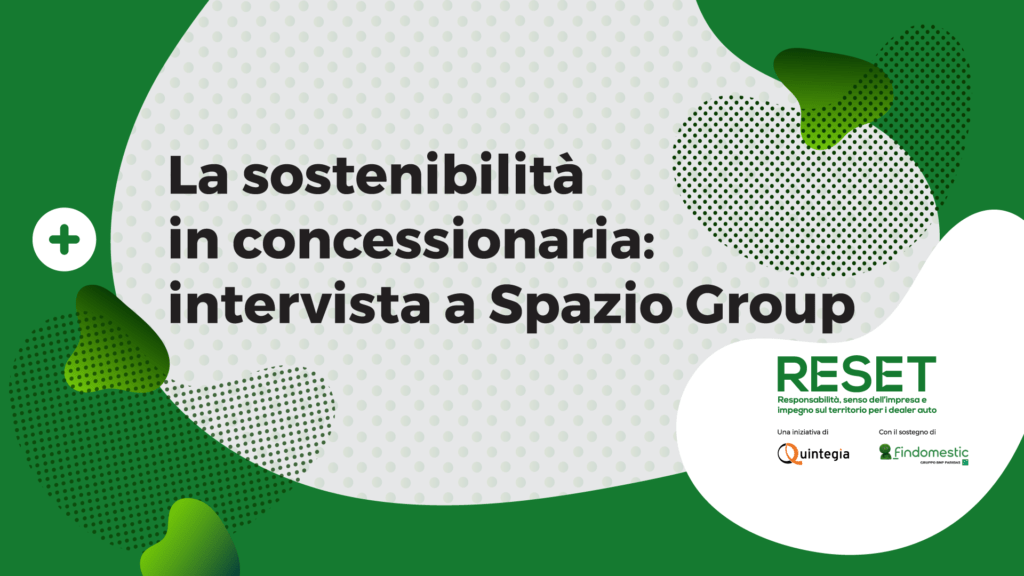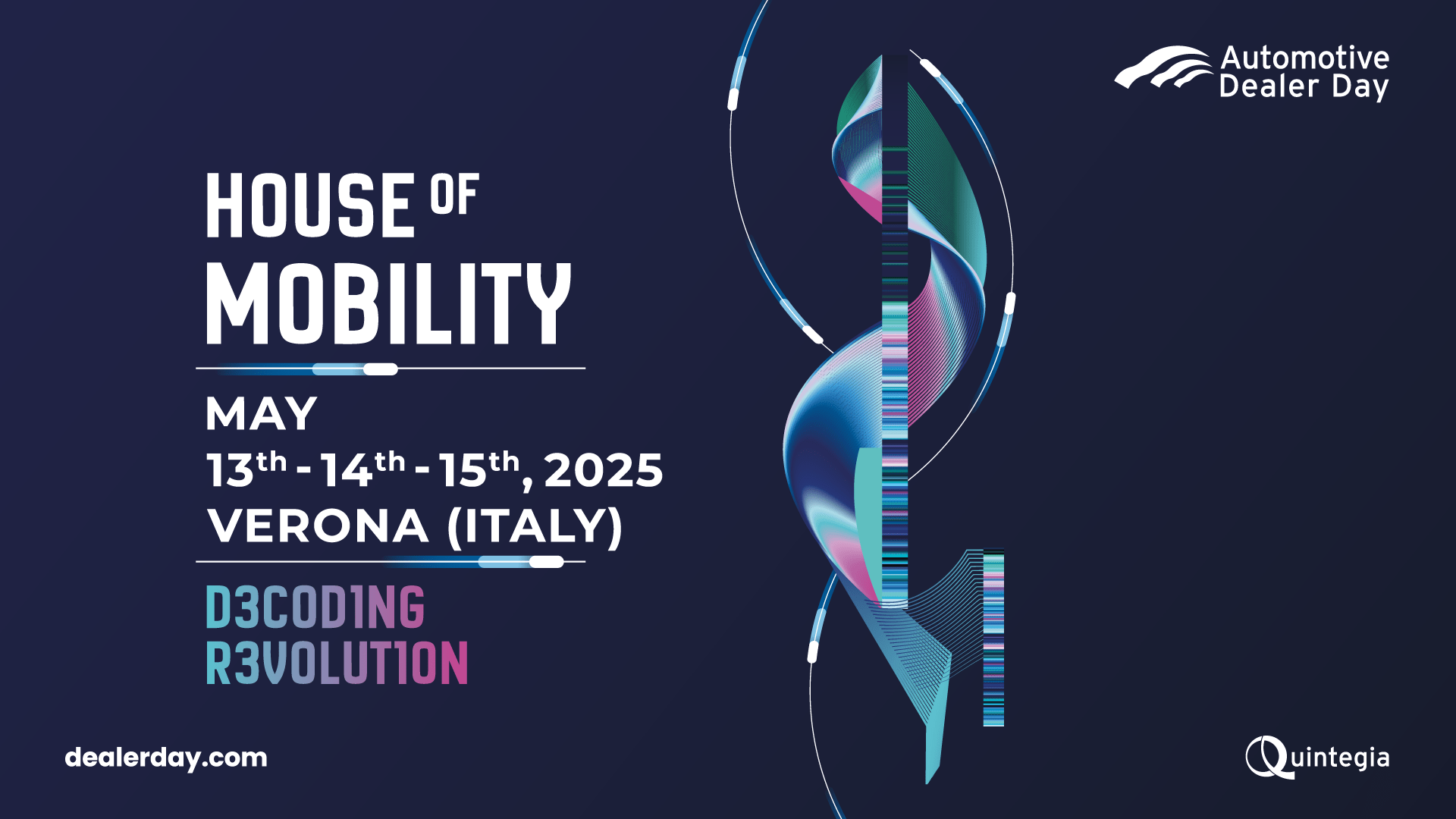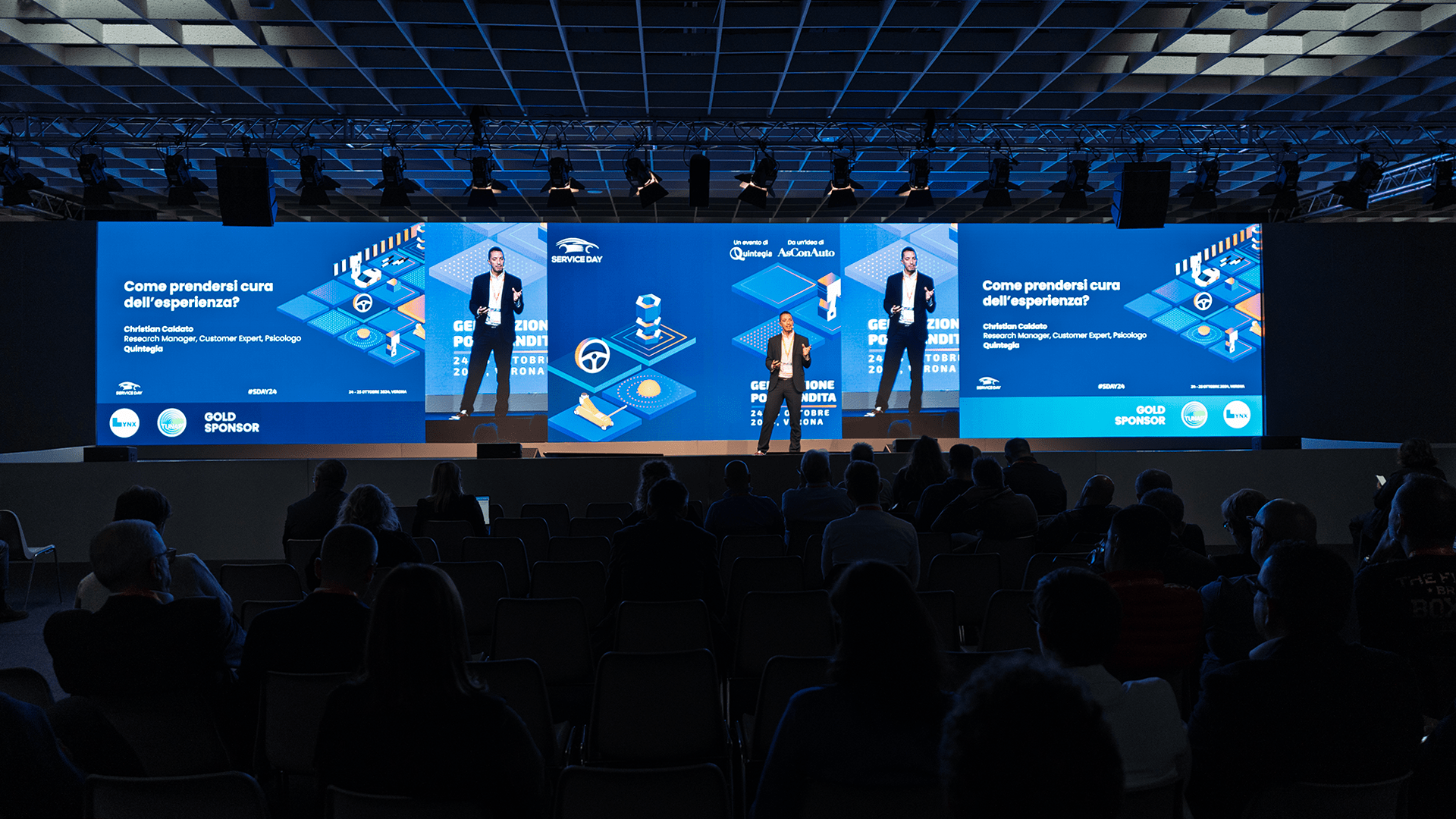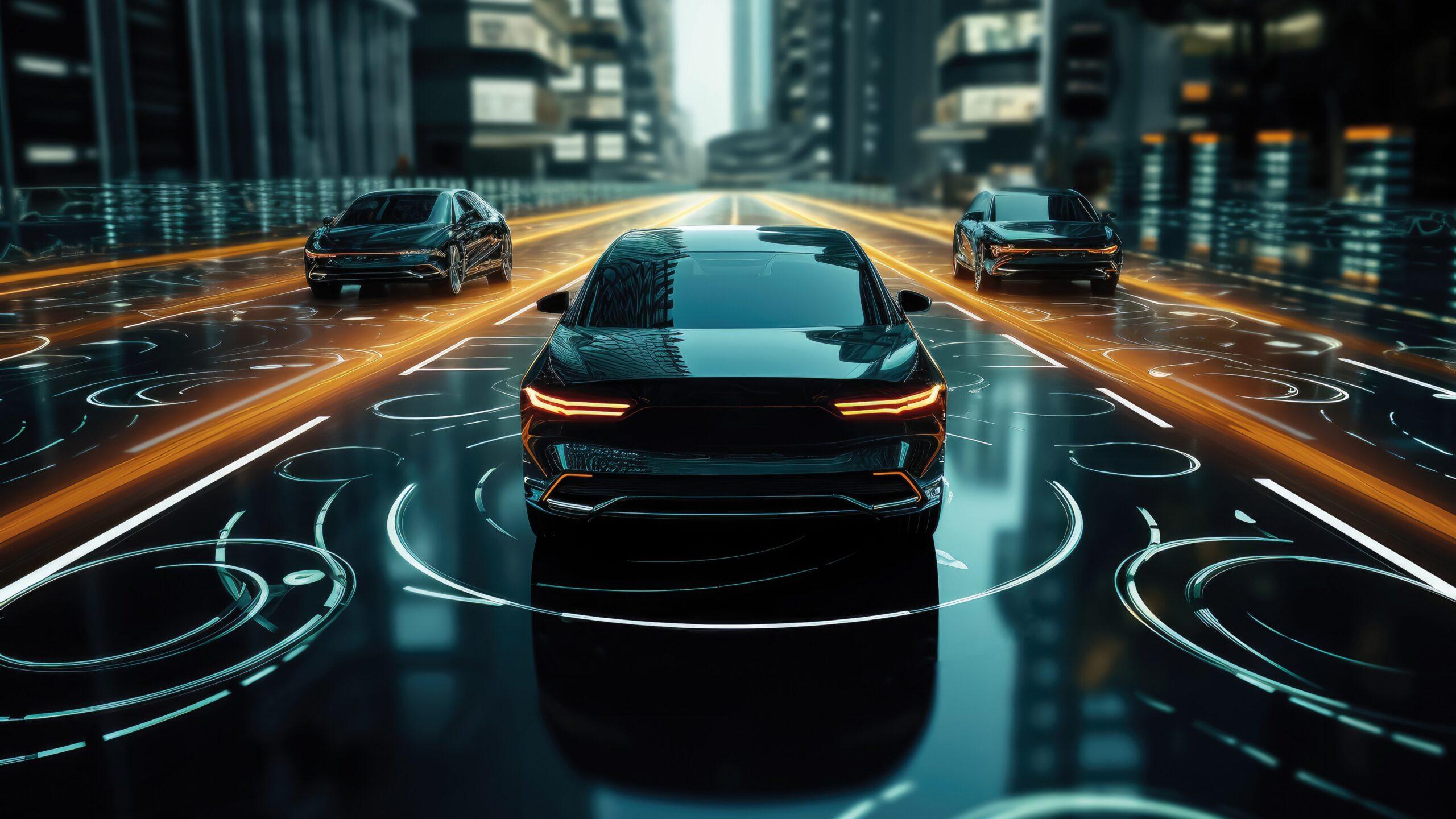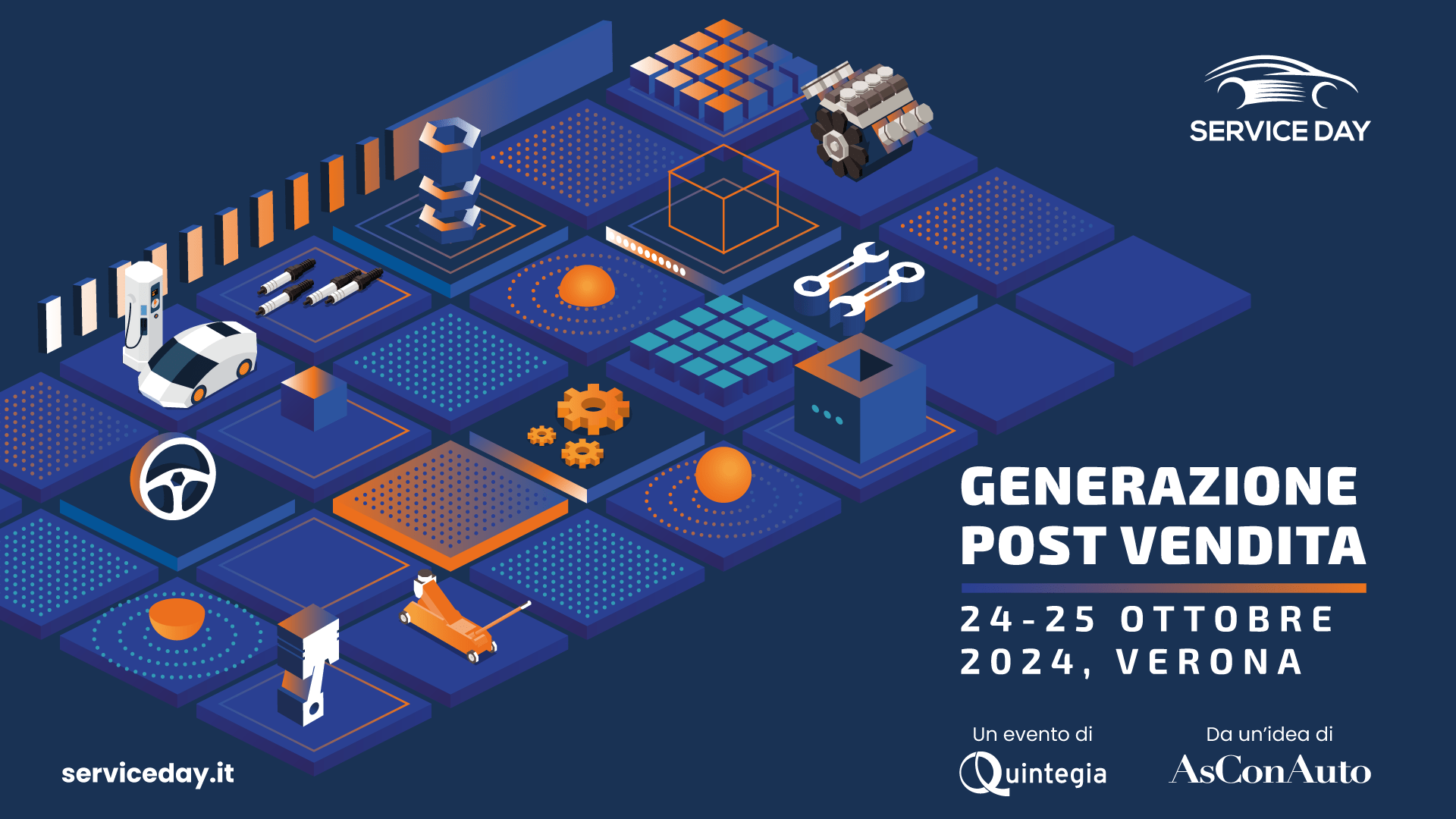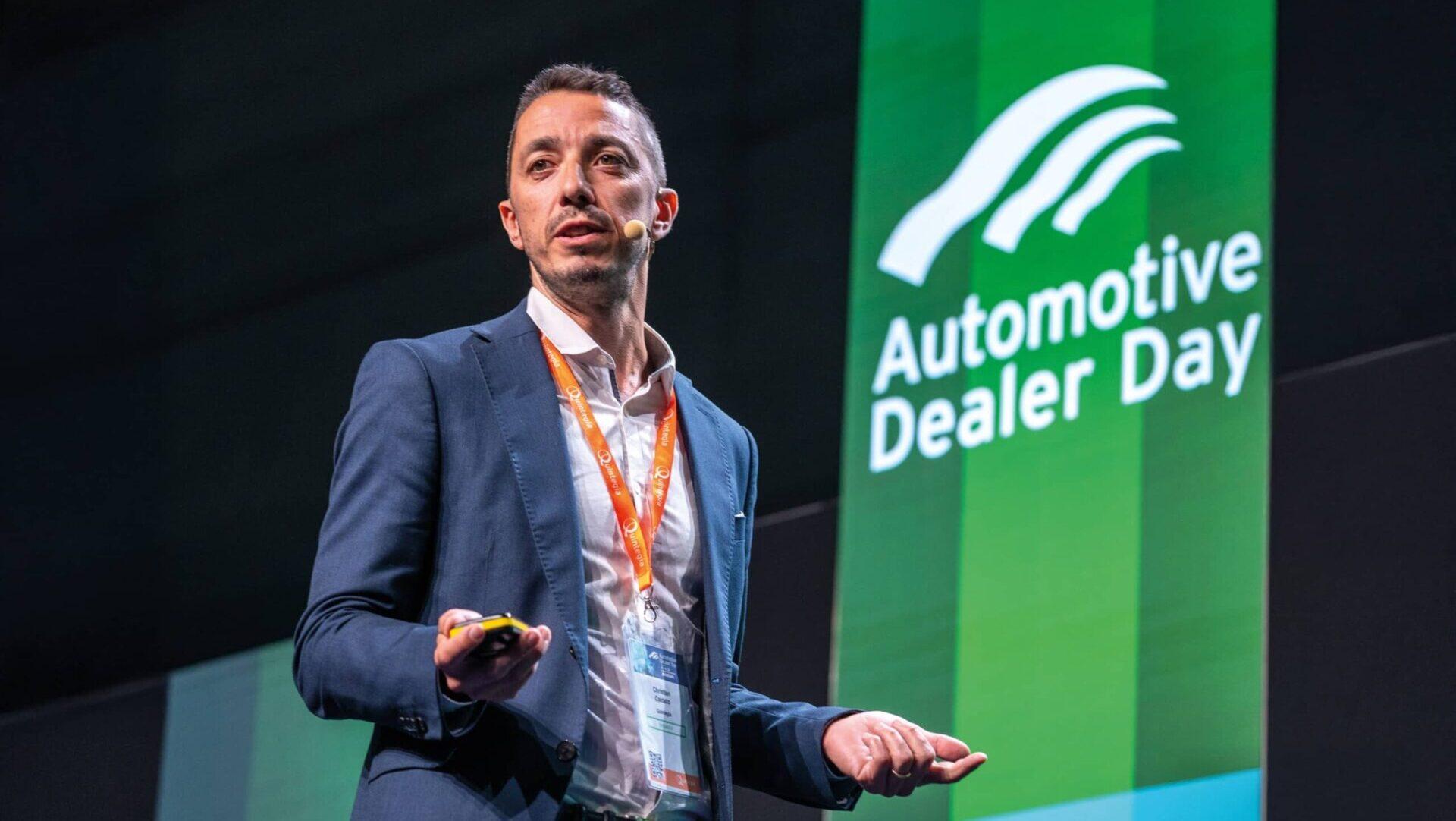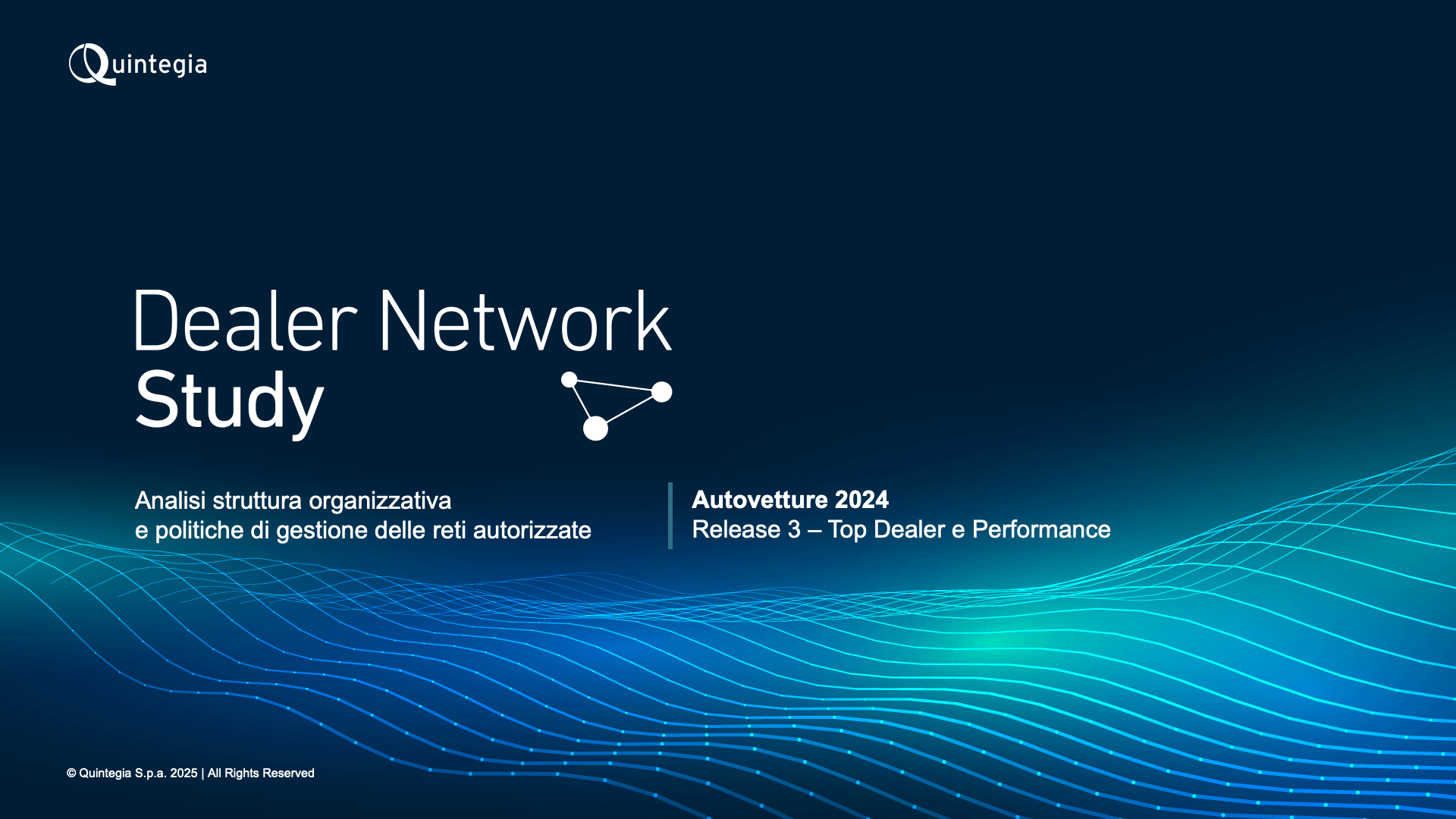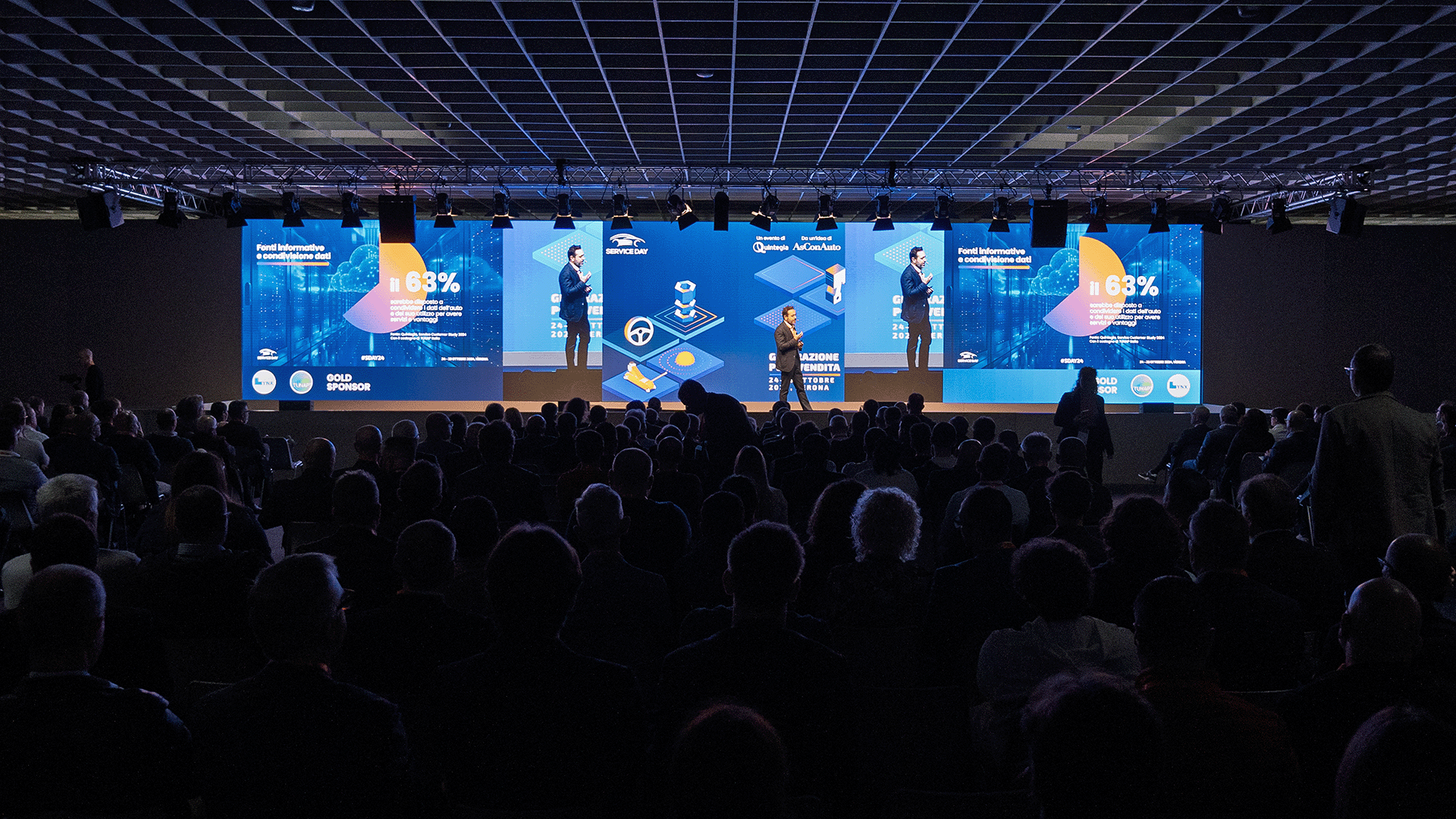As part of the RESET initiative promoted by Quintegia in collaboration with Findomestic Banca, we are collecting some testimonials from dealers regarding environmental, social, and governance sustainability with the aim of encouraging a virtuous exchange of ideas and creating a circuit for sharing best practices.
We interviewed Carlo Alberto Jura, President of Spazio Group, one of the leading automotive groups with 24 locations in Piedmont and Liguria representing 12 brands.
Sustainability in a broad sense is becoming increasingly central for companies. How do you approach this issue?
Sustainability is a choice we made several years ago, and we are implementing it by primarily focusing on three fronts. The first involves an ecological choice: our headquarters on Via Ala di Stura boasts the largest solar panel system on the roofs of Piedmont, enabling us to save the emission of 450 tons of CO2 thanks to the autonomous production of electric energy without causing pollution. We made a similar choice for the new Toyota Lexus headquarters, a highly futuristic architectural building inaugurated in September 2020, also located in Via Ala di Stura. The second front we have focused on is our territory since we operate in an area of Turin that has historically faced challenges. For this reason, we initiated a collaboration with a local parish with the goal of revitalizing our area by contributing to the construction of homes for the homeless and a community kitchen. It’s a sort of daily partnership in which we contribute not only with financial resources but also with entrepreneurial choices, working together on project types and intervention methods. The third aspect we have developed involves transforming the spaces of our facilities to make them greener. We started from a landscaping need since municipal regulations require a percentage of green areas within our facility. For example, we used special pavements and sowed grass in our courtyards to make the spaces more pleasant for us, our collaborators, and visitors.
Commendable efforts you’re making for reducing CO2 emissions and supporting the community, congratulations. To what extent are you implementing initiatives for your employees?
We have tried to act on several fronts: first of all, last year, despite the crisis, we rarely resorted to temporary layoffs for our employees. Additionally, we have a reasonably priced restaurant in our facility that our employees can use for lunch without the need to travel. Currently, we are renovating the ventilation systems to ensure much more effective air circulation, enhancing comfort and physical well-being. We also attempted to turn our facility into a vaccination center for social needs, but bureaucracy and other obstacles prevented us from pursuing this project.
In the United States, there is typically a different approach to showcasing one’s activities in favor of the community, while in Italy, we often find it challenging, perhaps due to a certain modesty, to share the good things we do. What are your thoughts on this?
I believe it won’t be easy because, even though many entrepreneurs actively engage with their communities, there is still a kind of modesty rooted in the Italian mentality. However, I think that if we work on it, we can get there. I recall what happened with Oscar Farinetti’s Green Pea project: it aims to capitalize commercially on the fact that people take pride in recycling and feel ashamed about littering sidewalks. Still, people’s sensitivity hasn’t evolved to that level yet. So, I see a long path ahead, even though we are getting closer because the world is moving in that direction. Perhaps we should contribute to stimulate this dialogue among best performers.
Large companies, such as automakers or their subsidiaries, compile and publish sustainability reports. This serves the purpose of transparency but also acts as an incentive for investors and markets. Will this type of reporting become more prevalent in the automotive distribution companies?
In my opinion, it would be desirable, but I still see a significant distance on the part of automotive companies. Today, in my view, there are two strong themes involving the world of distribution: the first is the concept of disintermediation of the distribution network because this is a somewhat delicate issue for networks and manufacturers in terms of relationships and economic implications, with networks fearing it and some manufacturers seeing it as costly. The second is the proactive presence of distribution facilities in the territory in an environmentally compatible manner. If we are a reference point for our territory and we do “good,” this will help maintain our position. I like the idea of a sustainability report even for a dealership because in some way, we contribute to the community and the well-being of everyone, and creating best practices can help.
Could it be that in the near future, we will see ecological elements included in various quality variable bonuses?
If automotive companies were to state that these types of characteristics are included in the variable marginal bonuses, it would be a step forward, but I fear we are still behind. What we are talking about today is something new within our industry compared to the usual, because lately, we always talk about digital, forgetting that there are even more important issues to address. Digital is certainly the future but it is a means, not the end, while we also need to focus on goals and objectives in relation to the ecosystem we are part of.

